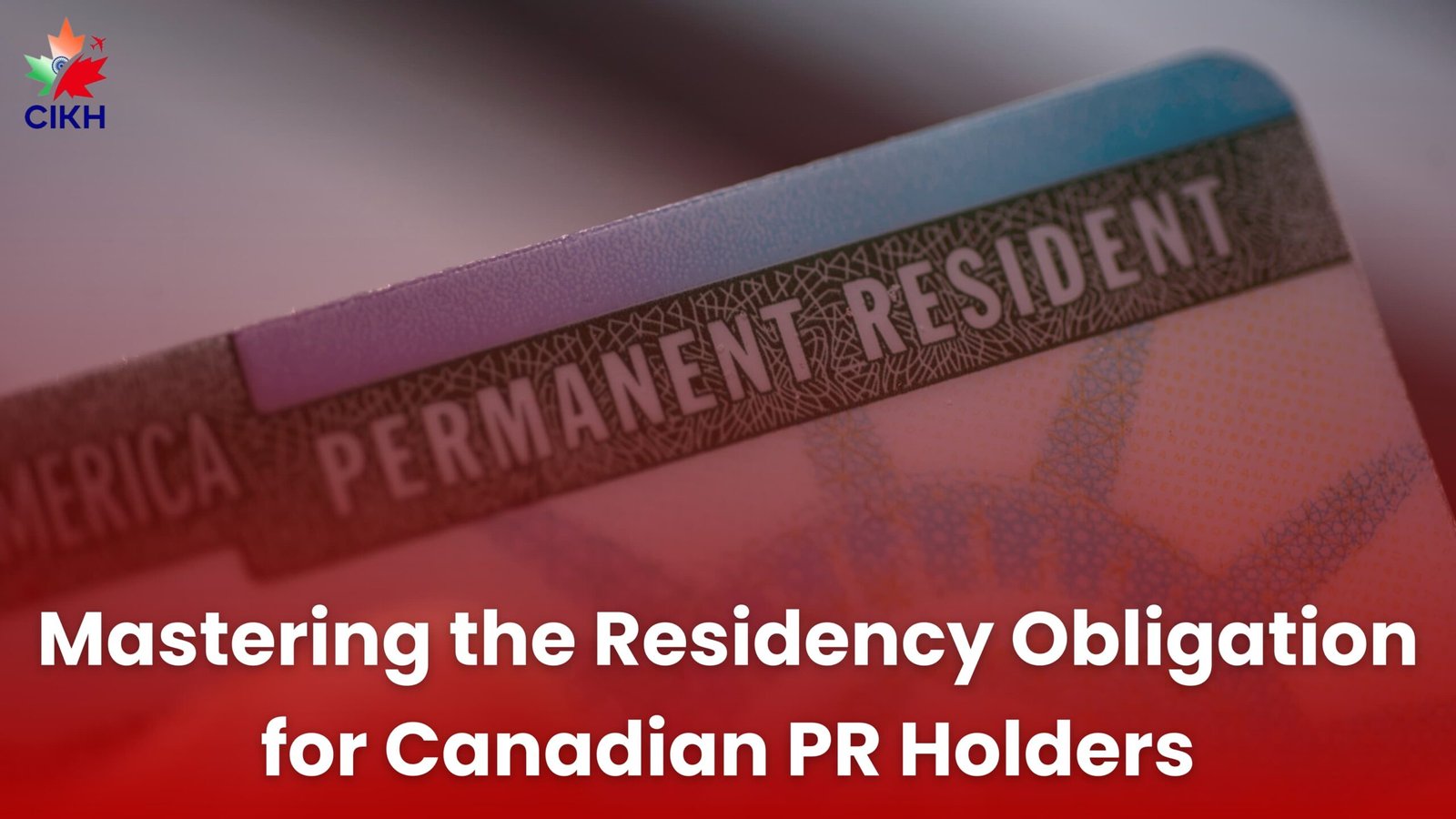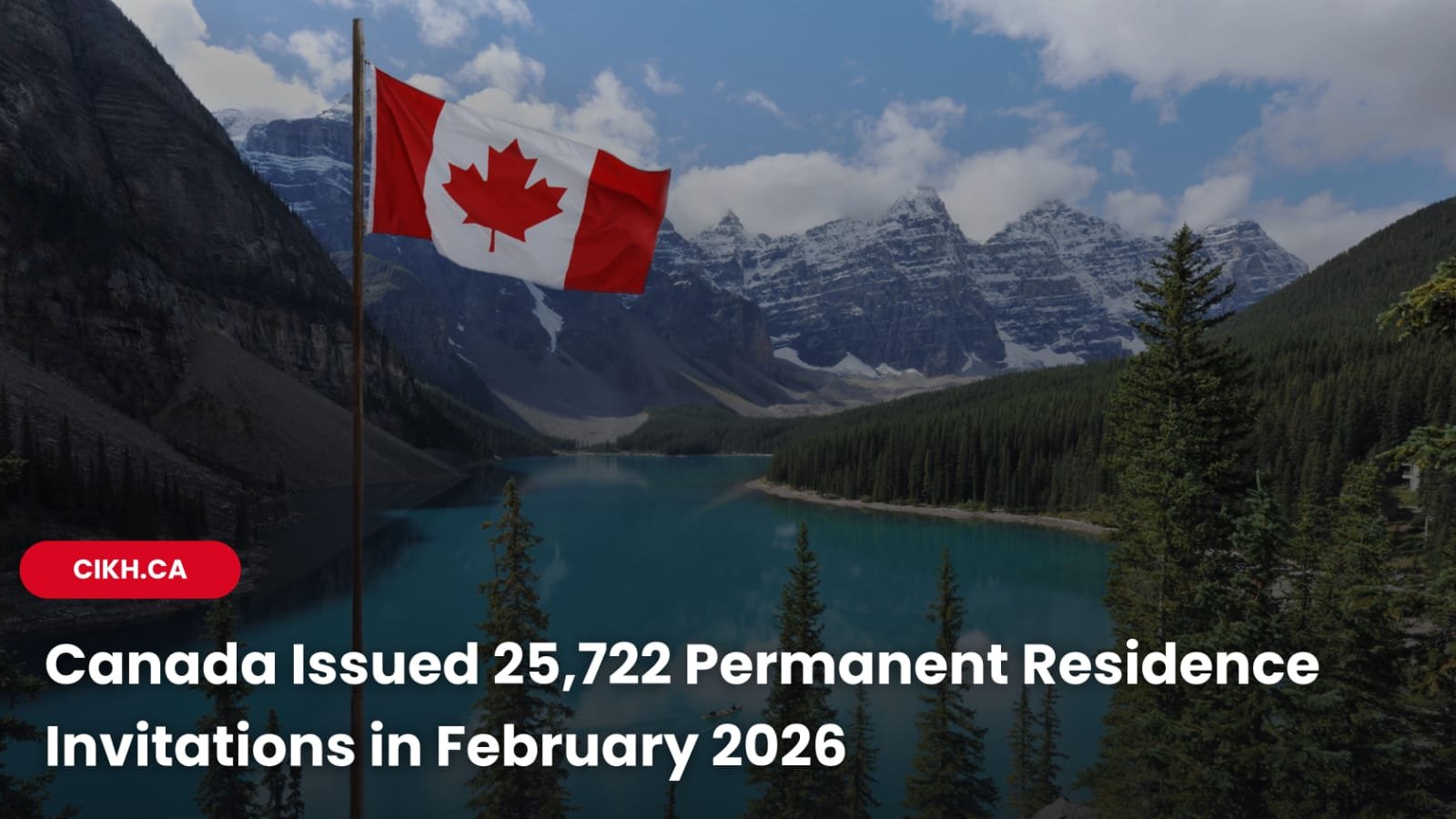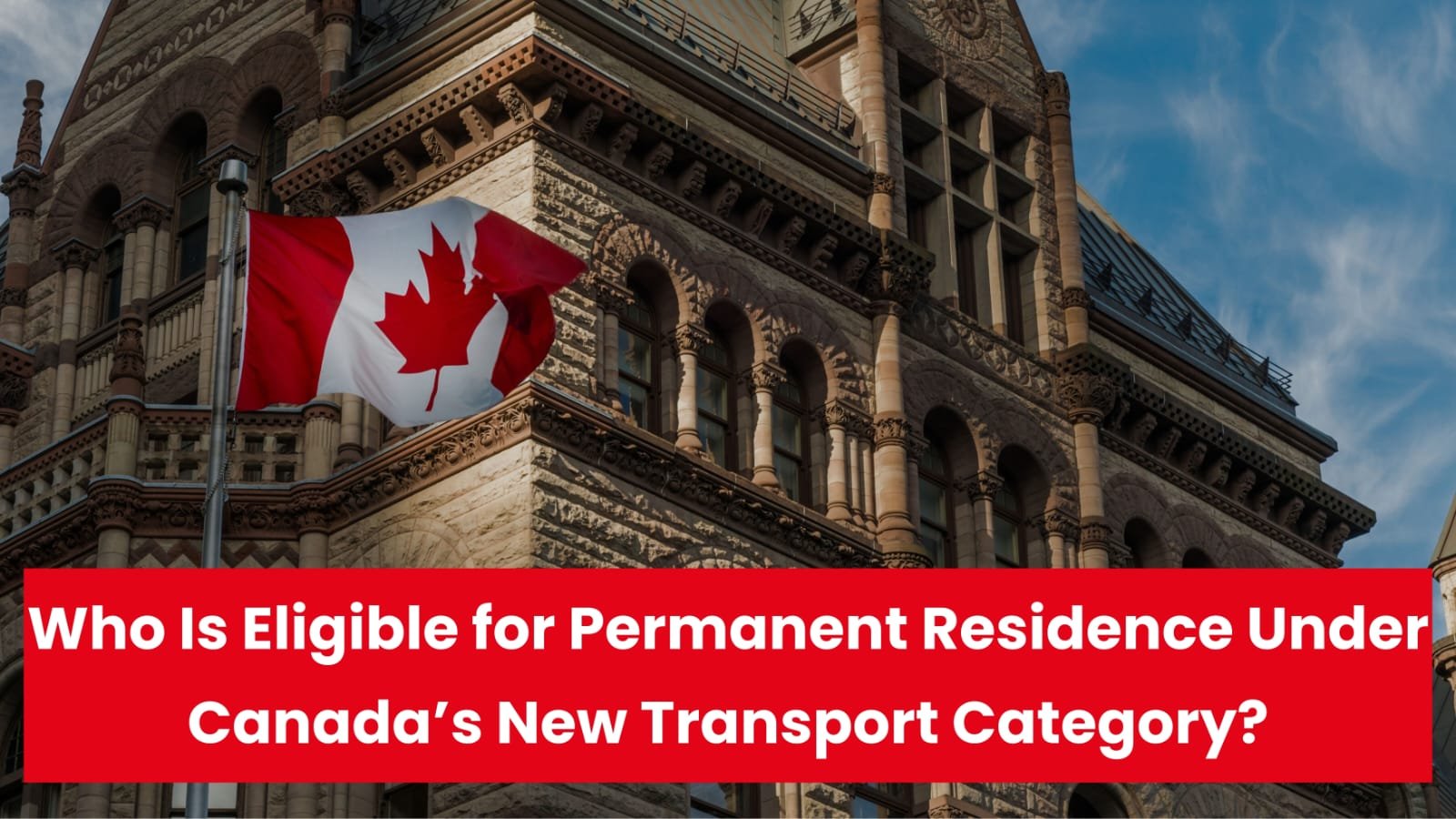Canadian Permanent Residency (PR) is a highly sought-after status that opens doors to a stable and prosperous life in one of the world’s most welcoming countries. Whether you’re an international student, a temporary foreign worker, or someone reuniting with family, achieving PR is a major milestone.
However, it’s important to remember that maintaining your PR status comes with responsibilities, especially when it comes to the residency obligation. This rule requires you to be physically present in Canada for a minimum amount of time. If you don’t meet these requirements, your PR status could be at risk, so understanding the rules is essential.
Book Your Consultation for Canadian Immigration
What Is Canadian Permanent Residency?
Canadian Permanent Residency allows you to live, work, and study anywhere in Canada without the restrictions placed on temporary residents. While it comes with many of the rights of Canadian citizens, including access to healthcare and social benefits, there are specific obligations you must meet to maintain it.
For many, PR is a step toward full Canadian citizenship, offering legal protections, stability, and a chance to build a life in a country known for its high quality of life.
Key Benefits of Canadian Permanent Residency
As a permanent resident, you gain access to a variety of privileges, including:
- Access to Social Benefits: Permanent residents are eligible for provincial healthcare, ensuring access to medical services across Canada.
- Freedom to Live, Work, and Study: You can live, work, or study in any province or territory without needing additional permits.
- Pathway to Citizenship: After meeting certain residency criteria, you can apply for Canadian citizenship, gaining voting rights and the ability to hold a Canadian passport.
- Legal Protections: PRs are protected under the Canadian Charter of Rights and Freedoms, ensuring fair treatment in all legal matters.
- Family Sponsorship: You can sponsor eligible family members to join you in Canada, helping reunite families.
However, it’s important to note that permanent residents cannot vote, run for political office, or hold certain high-security government jobs.
The Canadian Residency Obligation: Key Details
To maintain your PR status, you must fulfill the residency obligation, which mandates you spend at least 730 days (2 years) within any 5-year period in Canada. This requirement begins the day you become a permanent resident—either when you sign your landing papers or receive your Confirmation of Permanent Residence (COPR).
Key points about the residency obligation:
- 730 Days in 5 Years: You must spend a total of at least 730 days in Canada within the 5-year period immediately before any application or assessment of your PR status (e.g., for PR card renewal).
- Non-Consecutive Days: The 730 days don’t need to be consecutive. You can accumulate them over the 5-year period with multiple stays in Canada.
- Specific 5-Year Period: The 5-year period refers to the time immediately before your PR card renewal or status assessment—not just any random 5 years.
Failing to meet this obligation could lead to an investigation and may result in the loss of your PR status.
Meeting Residency Obligations While Abroad
In some cases, you don’t have to be physically in Canada to meet the 730-day residency requirement. Certain circumstances allow time spent outside Canada to count toward your obligation:
- Working for a Canadian Employer Abroad:
If you’re employed full-time by a Canadian business, organization, or government (federal, provincial, or territorial), the time you spend working abroad counts toward your 730 days. Example: If you’re sent abroad by a Canadian company to manage an overseas office, your time working abroad counts as if you were in Canada, as long as you have proof of employment. - Accompanying a Canadian Citizen Spouse:
If you’re living or traveling abroad with a Canadian citizen spouse, the time you spend together abroad can count toward your 730-day requirement. However, this doesn’t count toward your Canadian citizenship application. - Accompanying a Permanent Resident Spouse Working for a Canadian Employer:
If your spouse or common-law partner is a permanent resident and employed full-time by a Canadian entity while abroad, the time spent with them will count toward your residency obligation.
Documentation is Key
To claim these exceptions, it’s important to have proper documentation. Keep records like employment contracts, pay stubs, marriage certificates, or proof of common-law status to back up your claims.
How to Track Your Permanent Residency Obligation Days
Properly tracking your time in Canada (and abroad) is vital. Here’s how to do it:
- Identify the 5-Year Period: Start by determining the 5-year period for which you’re assessing your PR status (e.g., the period before applying for PR card renewal). This period is counted backward from the date of your status assessment or PR card application.
- Track Your Days: Add up the days you were physically in Canada during this period, including partial days (e.g., the day you arrive in Canada counts as a full day).
- Include Time Abroad: Certain activities abroad (like working for a Canadian employer or accompanying a Canadian citizen spouse) can count toward the 730 days.
- Keep Documentation: Retain travel records, boarding passes, passport stamps, and employment contracts to verify your time in Canada.
Example Calculation
If you’re applying to renew your PR card on June 28, 2025, your 5-year period would be from June 28, 2020, to June 28, 2025. Here’s how to calculate your days:
- Year 1 (2020–2021): 300 days in Canada
- Year 2 (2021–2022): 200 days in Canada, 165 days abroad working for a Canadian company
- Year 3 (2022–2023): 350 days in Canada
- Year 4 (2023–2024): 100 days in Canada, 265 days abroad with Canadian citizen spouse
- Year 5 (2024–2025): 150 days in Canada
Total: 1,530 days, which exceeds the 730-day requirement.
Losing Your Canadian Permanent Residency Status
Although it’s rare, you can lose your PR status under certain conditions:
- Failing the Residency Obligation: If you don’t meet the 730-day requirement, your status isn’t automatically revoked. An immigration officer will assess your case, and you may have the opportunity to provide a reason (e.g., family emergency) through a humanitarian appeal process.
- Removal Order: A removal order (e.g., due to criminal activity or misrepresentation) can result in losing your PR status.
- Voluntary Renunciation: If you choose to give up your PR status (e.g., if you decide to permanently move to another country), you can voluntarily renounce it.
- Becoming a Canadian Citizen: Once you gain Canadian citizenship, your PR status is automatically replaced by citizenship.
Pro Tips for Staying Compliant
- Track Your Travel: Use a spreadsheet or journal to log travel dates and keep documents like boarding passes and passport stamps.
- Understand Eligible Absences: If you plan to be abroad for work or with a Canadian citizen spouse, make sure you understand whether those days qualify for the 730-day requirement.
- Renew Your PR Card Early: Apply for renewal 6-9 months before your card expires to avoid disruptions in travel.
- Consult a Professional: If your case is complex, consider seeking advice from an immigration consultant or lawyer.
Common Myths About Canadian Permanent Residency
Here are some common myths about PR status:
- Myth 1: “I lose my PR status if I don’t live in Canada full-time.”
Fact: You only need to meet the 730-day requirement within 5 years. Time spent abroad can count if you qualify for exceptions. - Myth 2: “An expired PR card means I’ve lost my PR status.”
Fact: Your PR status is not tied to your PR card. You can still apply for a new card or a Permanent Resident Travel Document (PRTD). - Myth 3: “I can’t leave Canada for long periods.”
Fact: You can travel, but you must meet the 730-day requirement, or qualify for exceptions.
Final Thoughts
Canadian Permanent Residency offers significant opportunities, but it comes with the responsibility of meeting the 730-day residency obligation. By keeping track of your time, understanding eligible absences, and consulting professionals when necessary, you can ensure you maintain your PR status and work toward Canadian citizenship.
If you’re unsure about your status or residency days, don’t hesitate to reach out for expert guidance. With careful planning and record-keeping, you can make the most of your Canadian experience.





